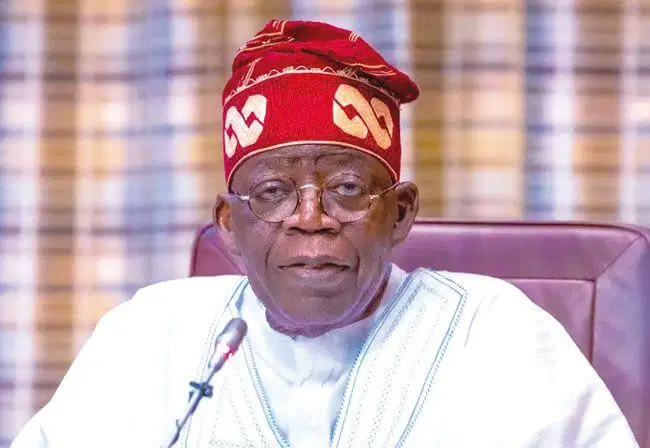
AFENIFERE WARNS TINUBU AGAINST FOREIGN MILITARY OR HUMANITARIAN INTERVENTION IN NIGERIA
Nigeria’s foremost pan-Yoruba socio-political organisation, Afenifere, has warned President Bola Ahmed Tinubu against allowing any form of foreign military or so-called humanitarian intervention in the country. The group issued the warning following reports of threats by former United States President, Donald Trump, of possible military action in Nigeria over alleged mass killings of Christians.
In a statement signed by its Leader, Oba Oladipo Olaitan, and National Publicity Secretary, Prince Justice Faloye, Afenifere described the foreign threats as an attempt by external powers to exploit Nigeria’s internal insecurity and divisions. The group said no foreign power has the right to invade another sovereign nation under any guise, adding that Nigeria must not provide outsiders with any excuse for “militaristic humanitarianism.”
Afenifere described the worsening insecurity in the country as a reflection of the federal government’s failure to implement state policing and restructuring recommendations made at the 2014 National Conference. The group also faulted what it called an over-centralised security system that makes the President solely responsible for security outcomes across diverse regions.
The group urged the Tinubu administration to immediately appoint ambassadors to Nigeria’s missions abroad, warning that the current diplomatic vacuum could weaken the nation’s ability to respond effectively to international pressure.
Afenifere drew historical parallels, warning that foreign powers often use humanitarian or moral pretexts to justify intervention, recalling that the campaign against trans-Atlantic slavery was later used to justify colonialism. The group noted that the growing narrative of “Christian genocide” in Nigeria could be manipulated to legitimise foreign interference.
The warning came amid global reactions to Donald Trump’s remarks accusing Nigeria of allowing mass killings of Christians. Trump had reportedly ordered the U.S. Department of Defense to prepare for possible military action against Nigeria, designating the country as one of “particular concern” over religious freedom.
In response, the Presidency stated that while Nigeria welcomes international cooperation in combating terrorism, such assistance must respect the country’s sovereignty and territorial integrity. Presidential Adviser Daniel Bwala reiterated that any partnership with the United States or other countries must align with Nigeria’s constitution and foreign policy principles.
READ ALSO:
NSA, SECURITY CHIEFS TO BRIEF MEDIA ON TRUMP’S GENOCIDE CLAIMS
Afenifere, however, maintained that the surest way to protect the nation’s sovereignty is to strengthen domestic institutions and security frameworks. The group called on the federal government to prioritise true federalism and devolve policing powers to the states to ensure greater efficiency and accountability in security management.
Security analysts have also warned that the portrayal of Nigeria’s insecurity as a religious war could escalate international tensions. They noted that both Christians and Muslims have been victims of violence across the country, urging world leaders to adopt a balanced understanding of the situation.
Afenifere’s statement serves as both a caution and a challenge to the Tinubu administration—urging it to uphold Nigeria’s sovereignty while addressing internal failings that could invite foreign interference. The group stressed that the federal government must act swiftly to strengthen national unity, decentralise policing, and address insecurity to prevent external powers from exploiting Nigeria’s vulnerabilities.
The development underscores the delicate balance facing the Tinubu administration as it navigates internal reforms, diplomatic relations, and growing international scrutiny over Nigeria’s security situation.
